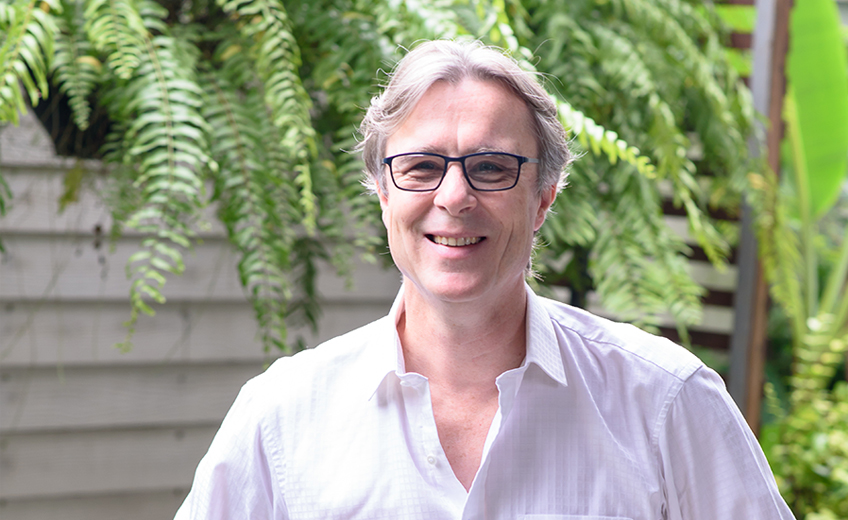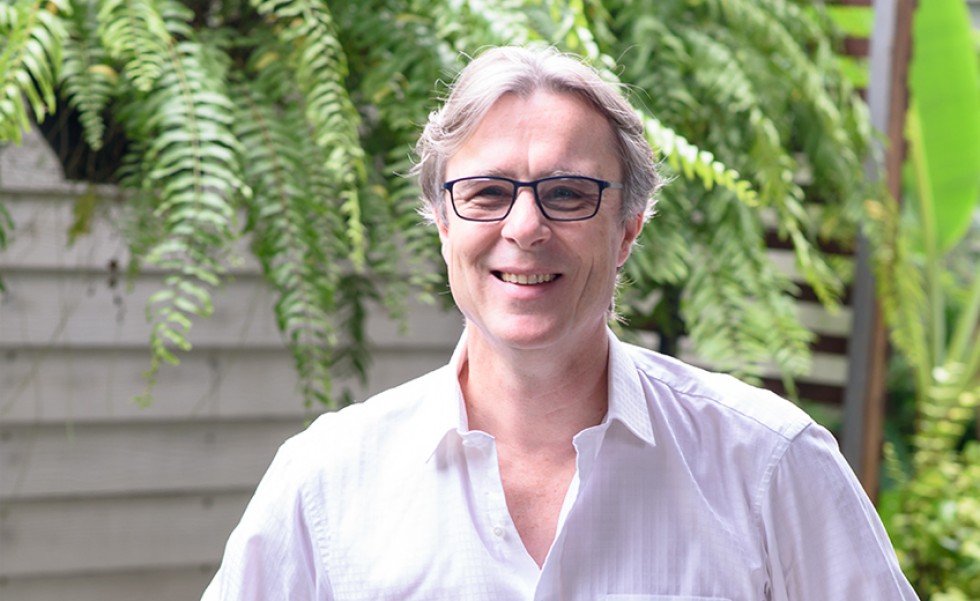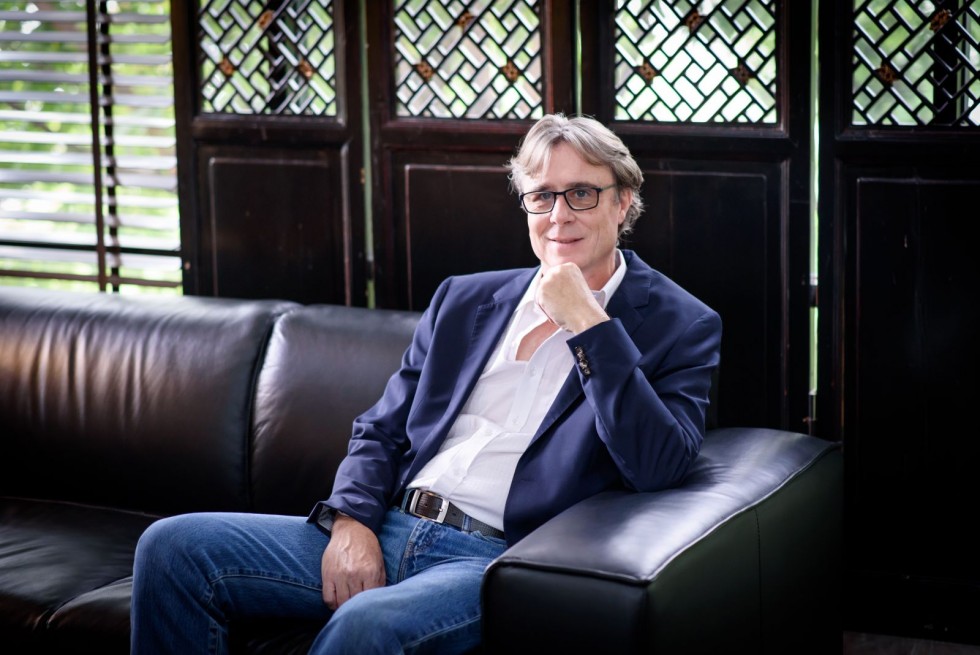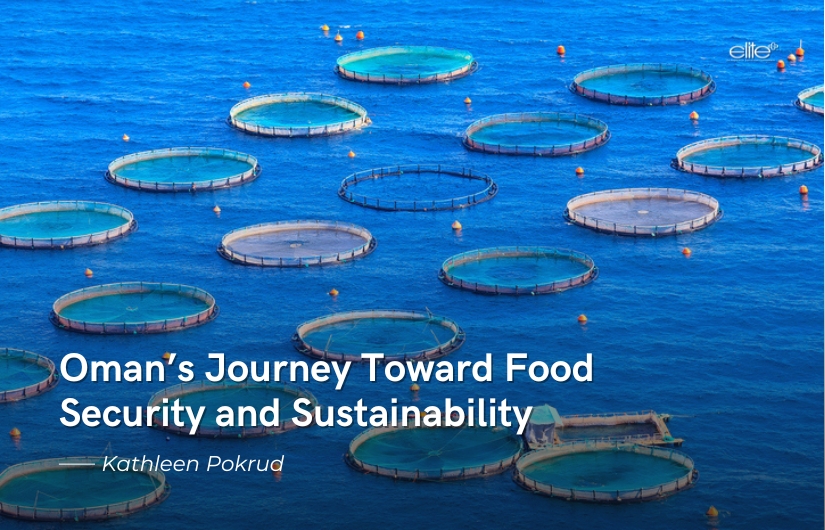Since 1993, Khiri Travel has opened Southeast Asia up to the world, enticing discerning and adventurous travellers from around the globe to immerse themselves in unique and authentic travel experiences. A pioneer in wholesome and authentic tourism, Khiri Travel remains at the forefront of sustainability in the travel industry, aiming to be of benefit to people and the environment.
The mastermind behind Khiri Travel is Willem Niemeijer, a passionate Dutch traveller turned entrepreneur who fell in love with the region on his first trip to Asia in the early ’80s. While exploring Laos, Cambodia, Vietnam and Thailand, he was inspired to establish Khiri Travel in Bangkok in 1993.
Having reached a 25-year milestone, the avid traveller and entrepreneur chatted to Elite+ about the travel industry then and now and future plans for Khiri Travel.
What’s the story behind the name?
First of all, I wanted to have a name that was Asian and also had meaning regarding travel – something that could be understood throughout Thailand and Indochina. I wanted one that was easy to pronounce for foreigners. Besides, I was inspired by Kodak, the film brand, that used the letter K as a strong letter. So I looked in Sanskrit for a word that started with K and found khiri, which means mountain.
It seems you were overseeing the whole region since the beginning of the business?
Yes, we set up the company with the goal of “four countries, one destination”, with Thailand being the hub for travellers visiting Cambodia, Laos and Vietnam. That’s how Khiri started. We didn’t have offices in those countries, but I travelled there quite 11 • Elite+ Magazine • www.eliteplusmagazine.com a bit so I had my contacts and was able to set up travel in all four countries. We did it out of Thailand simply because there was no suitable infrastructure in the other countries at the time, and Bangkok was, and still is, the hub for multi-country travel.
What was the core business of Khiri Travel when it started?
Adventure, particularly in offering programmes in places that mainstream travellers didn’t go to. When we started in the early ’90s, it was still more or less the pre-internet period and our clients relied on guidebooks and travel experts. Our programmes would always include places outside of Bangkok, Chiang Mai, Siem Reap and so on. Visiting less known places was our way of adventure. We also tried to combine several countries in one tour. This is being done very often now, but back then it was pretty novel. These original combination trips often combined Thailand with Laos or with Cambodia. Vietnam was still pretty difficult to sell at the time, though we did run full Indochina trips, going into all the countries as early as 1996. At that time it was mostly group travel. Currently, group travel is on the decrease as more people like to travel individually.
Did you expand to more countries later on?
We actually looked at Myanmar from very early on but it was not easy; each time we thought we were ready, something happened that prevented us from starting there. Looking back, maybe we went too early into Indochina but when we included Myanmar in our portfolio in 2011, it was perfect timing. The country saw huge growth in tourism after political stability set in. Later on we added Indonesia, which had been on our list for a long time, as well as Sri Lanka, a beautiful country that has a lot to offer.
_425203512.jpeg)
Who are the main clients of Khiri Travel?
Our clients mainly come from mature travel markets such as North America, Western Europe and increasingly metropolitan Asian hubs like Singapore, Hong Kong, Beijing and Shanghai. There is still growth for us, as there is much interest in high-quality, authentic travel experiences that benefit local communities.
What would you say is the uniqueness of Khiri Travel?
Our focus is on delivering real, authentic and immersive in-country experiences. The way that I like to define it is making our clients experience a destination, learning about its culture and nature as opposed to being a tourist looking at things and sites, taking photos but not being part of the scene. Sometimes the difference seems easy, such as walking tours to sample food. In nearly all cases, it’s the connection with locals, having a deeper conversation with the people of the country that stays as the best memory. We like to take matters personally; for example, if the client has an interest in architecture, we can arrange for a meeting with local architects. It doesn’t mean that it has to be the focus of the entire trip. In the end, it is still a holiday. It’s still a leisure activity for travellers, but it gives deeper understanding about the destination and we’ve always felt this to be the essence of travelling. If you just go and take a selfie at the Eiffel Tower or the Grand Palace in Bangkok, it doesn’t create a meaningful memory, just a fleeting moment.
_1873137974.jpg)
How have travellers’ needs changed through the years?
I think people expect a much more personal approach to their travel experience, They think they’re better informed by the internet, but often are the victims of information overload. There is the fear of missing out and clients often come with an unrealistic wish list. There are a lot of feedback sites that people try to get clues from. Yet all this information is what others think and have experienced and not personalized at all. Overall, though, we see that our guests are more interested in authentic experiences, sustainability and getting the opportunity to give back.
How do you see the travel industry now?
With the growth of the internet, I had expected remote, unknown places to have been very well described and explored by now, but they are not. In Thailand, when we started out in the ’90s we sent a lot of people into Isan (the Northeast) and had successful one-month tours in Cambodia. Nowadays it is much more concentrated into the “hubs”, which has to do with advertising power, I suppose. Hotels and online travel agencies mainly selling these hotels are big drivers when it comes to internet advertising and these big brands are pushing the search results in favour of the hubs. This, in our view, has resulted in an implosion, not an explosion towards new places that beg to be discovered.
You can also see the enormous tourism growth in Thailand. When I came to Thailand in 1987, the country received 2.5 million tourists a year, and right now we’re aiming at 35 million. Somehow the growth is very concentrated and there is concern of over-tourism in places like Samui, Phuket and even Chiang Mai. On the other hand you have vast areas of Thailand that miss out on the international travel dollars. Domestic travel does great things in Thailand, but international travel lags behind. There is still a lot to do for Khiri Travel.
You founded Khiri Travel’s new parent, YAANA Ventures that offers lodgings?
Back in 1999, I built a jungle lodge, called Tad Fane Resort near Pakse in southern Laos. At the time, Khiri Travel had operated for just six years and I believed the area was beautiful and needed accommodations for our guests to stay at. We’ve always had an interest to do more. We expanded to Khao Sok National Park in Surat Thani where we opened Anurak Community Lodge and recently opened – working together with the Minor Hotel Group and Wildlife Alliance – Cardamom Tented Camp in western Cambodia. We expect further growth in eco-lodge development in the region. We plan development of two more next year and to grow from there.
Under YAANA Ventures, we also have a dedicated student travel organization, called Ground, which is community-based travel for regional high school students and for-credit programmes for university students from mainly Australia, Western Europe and North America.
How do you address social responsibility?
From the beginning, it has been a great privilege coming from Holland to start a business in Asia. In Holland, the education level is very high and that makes the market threshold really high, too. When I started in the late ’80s, it was easier to start in Asia. With improving economies in Asia, now things are different, obviously. In any case, I felt from the beginning a moral obligation to give back to the countries where we are successfully operating. We’ve always been interested and proactive in giving something back either to the environment or the community.
We’ve always been interested and proactive in giving something back either to the environment or the community.
We have a charity called Khiri Reach that leverages our network of 18 offices and our lodges to support a number of charitable projects. We carry all overhead, and our companies donate working days of our staff, so donations go 100% to the projects we select.
Our clients increasingly are pro-active in supporting our work. We connect these travellers to our projects and create fabulous partnerships.
What’s your leadership style? How do you manage your team?
Finding leaders who embrace our company values and share our passion for authenticity and the triple bottom line is key. I tend to get out of the way to allow our management to be autonomous and self-directing. That said, I am known to care about details and keep a finger on the pulse to ensure we stay on track of our mission and vision, and to encourage our team’s efforts.
What’s your key to sustainable success?
I really enjoy what I do. It’s not just business but the core is giving people a real immersive experience, just as I would like to get whenever I go somewhere. That mission keeps me curious and interested to develop something more for the business. Clearly you need to do your homework when you start a business. Everybody wants to make sure that any kind of business or project becomes a success, but the reality of it is not every time it works. I try to learn from our mistakes and move on to the next project and stay curious. Have a real passion in what you do, and work hard.
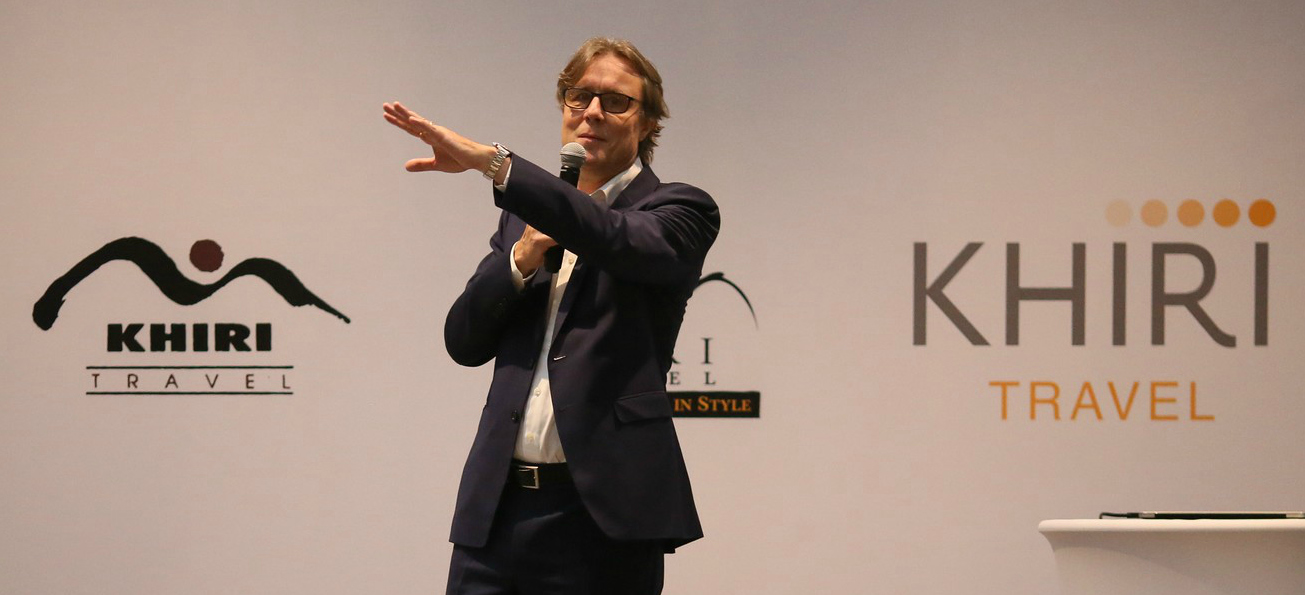
After the 25-year milestone, what plans do you have for Khiri Travel?
During the past 25 years, we have already seen a big difference in infrastructural development in the region. Basically, it’s impossible to predict what the world will be like 25 years from now. We can be sure there will be exponential changes. Artificial intelligence and the power of computing will disrupt our business a number of times, not just once. If development of social media over the past 10 years is something of an indication, this disruption will not always have only positive effects, so we need to strap in for many new developments.
For us, it’s more and more important to stay true to our core and go back to basics, to what we do best. Opportunities are still there. We will double down on efforts in people development, like with Ground, where young people that grow up in the fast-moving internet age connect with communities in remote Asia and experience first-hand how people live in less developed parts of the world. We aim to help develop a part of the new generation to understand more than the screen of your phone, and there’s real life out there that’s a very important part of what we do.
The same goes for the development of our eco-lodges. We aim to get people out to places where real changes are happening. We will try our best to do something about environmental protection, and every small bit of help is really adding up. That’s something we revisit every year or every three years when we make our three-to-five-year plans to make sure to stay on top of the huge developments that you can expect in the next 25 years.


